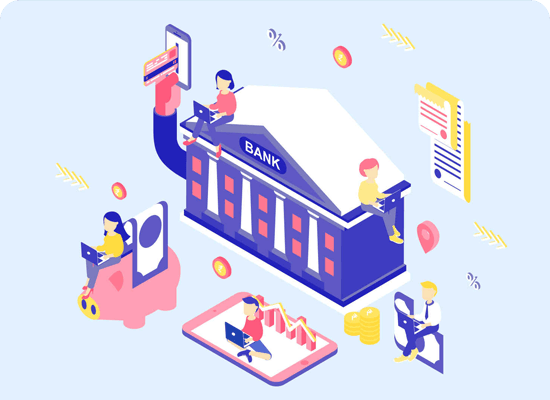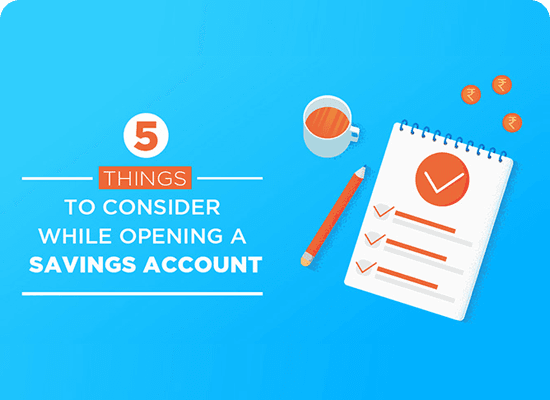Safe Banking
Keep Online Banking Simple and Safe
Safe Banking
Keep Online Banking Simple and Safe

How to Bank Safely?
Why Choose Equitas for Safe Banking?
Proactive Protection: We stay ahead of threats to keep your accounts safe.
Customer Empowerment: We equip you with the knowledge to make your banking secure.
Constant Vigilance: Continuous monitoring to guard you against fraud and cyber threats.
Tips for Safe Banking
Stay Informed: Keep abreast of the latest security advisories and practices.
Protect Your Information: Never share your banking credentials with anyone.
Regular Updates: Keep your banking apps and software up to date.
Blogs




